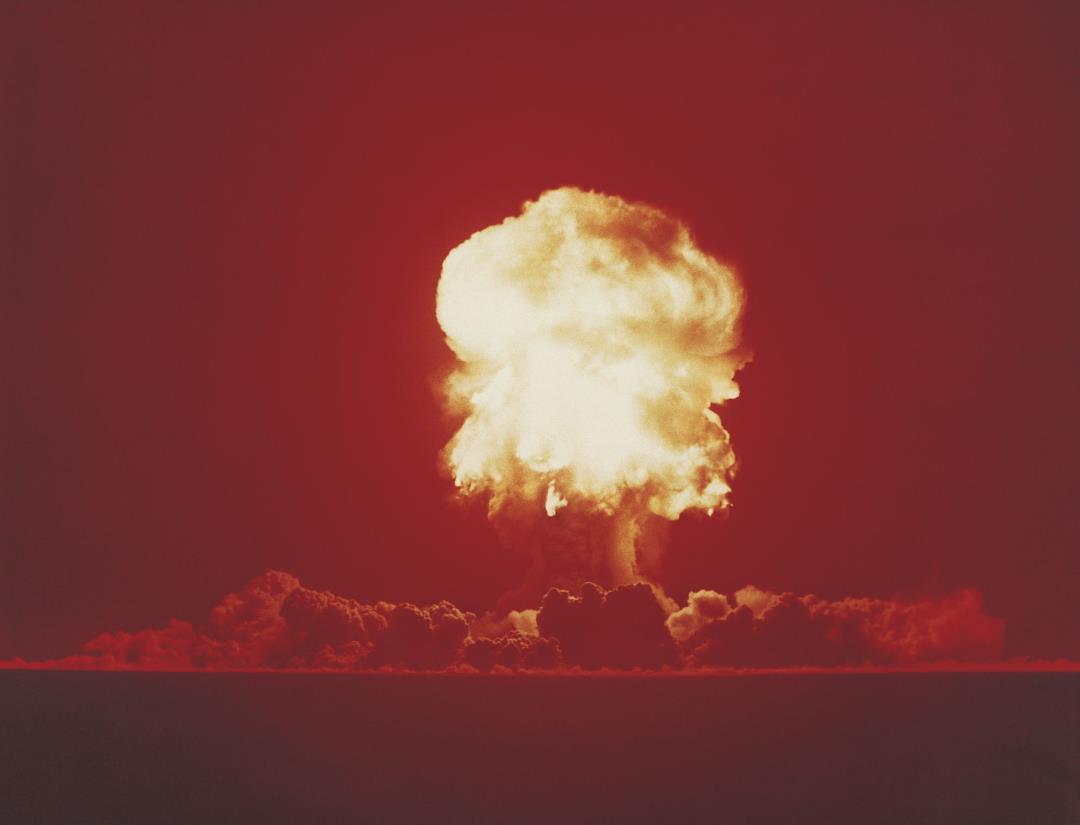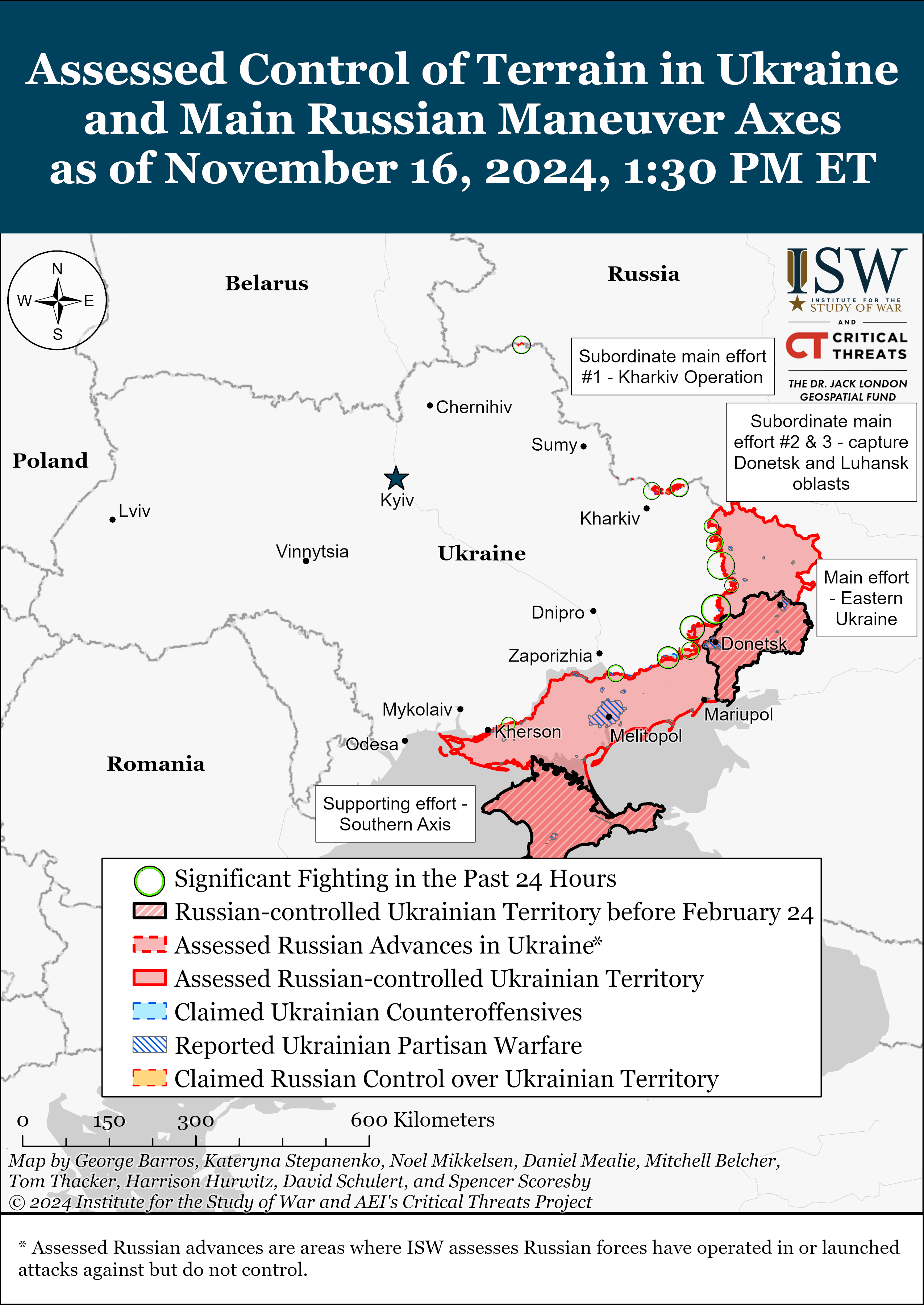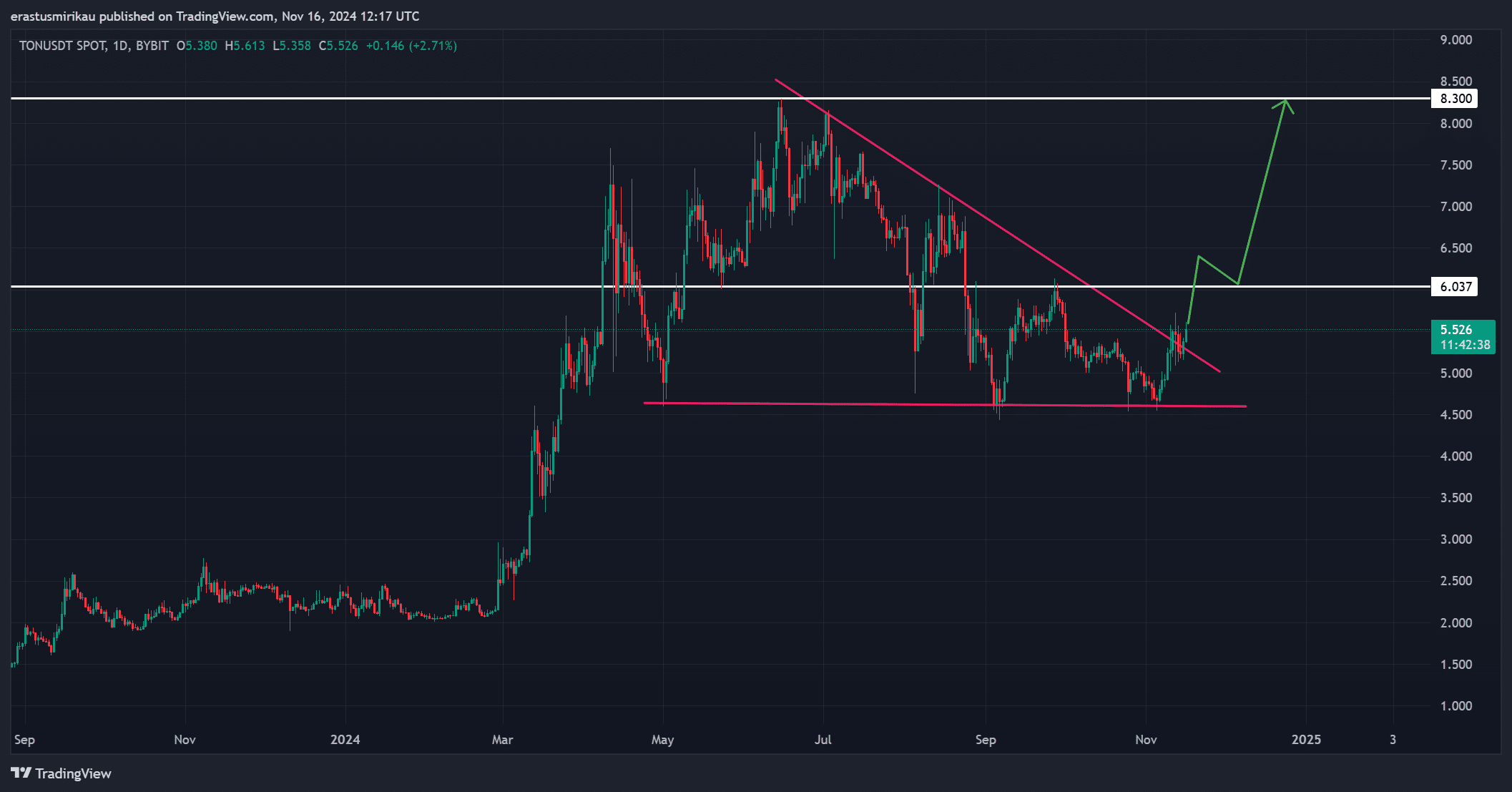A recent study suggests that in the event of a nuclear war, surviving populations may not necessarily suffer from starvation. The massive amounts of radioactive dust, smoke, and soot released into the atmosphere from the fires caused by nuclear bombs would significantly reduce sunlight and lead to a drastic drop in surface temperatures, which could have devastating effects on agriculture. In response to this potential threat, researchers have identified seaweed, specifically Gracilaria tikvahiae (also known as red seaweed), as a resilient and viable food source that could play a crucial role in sustaining human life in the aftermath of a nuclear winter.
The study’s simulations indicate that seaweed could be successfully cultivated in tropical oceans even in the aftermath of a nuclear war. Surprisingly, the growth of seaweed is projected to increase following a nuclear war due to the availability of more nutrients in the ocean. The colder air would cause surface water to sink further, promoting the circulation of nutrient-rich water to the surface. According to the researchers’ models, within nine to 14 months after a nuclear war, seaweed could potentially fulfill 45% of the global human food demand, replacing 15% of the current food supply, 50% of biofuel production, and 10% of animal feed, as detailed by LiveScience.
However, not all of the seaweed produce would be used for human consumption. Due to the potential toxicity of iodine found in seaweed in large quantities, “indirect” uses such as feeding animals would also be valuable. The researchers estimate that this intervention could potentially prevent up to approximately 1.2 billion deaths from starvation, representing 15% of human food demand multiplied by the global population of 8 billion. One of the key challenges identified in the study would be the rapid establishment of new seaweed farms to meet the urgent demand for food production. (More discoveries stories.)













